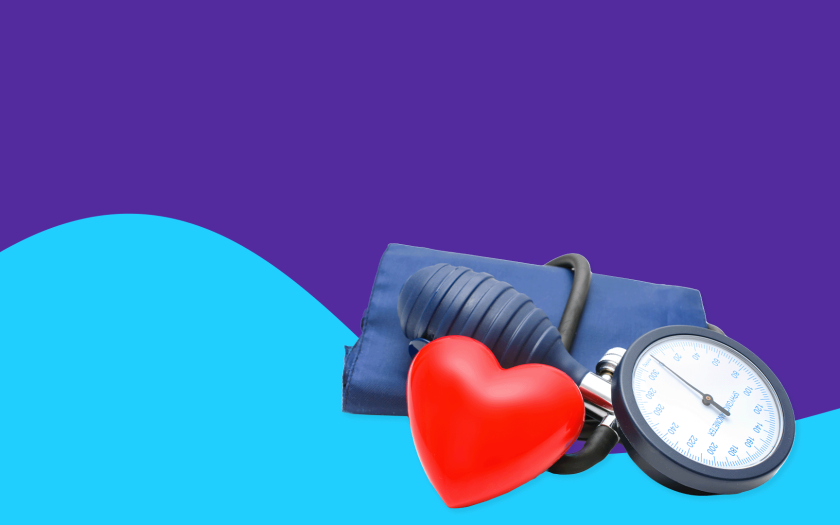Rule 1: overcome harmful habits.
To live well with arterial hypertension, the first step is to quit smoking—completely and irrevocably. Nicotine in cigarettes is a poison. Each puff slowly but surely poisons the body and significantly increases the risk of developing cancer, chronic heart, and lung diseases. Under the influence of tobacco smoke, the walls of the arteries gradually thicken, their lumen narrows and blood pressure increases. Due to impaired blood flow, organs stop receiving the necessary amount of oxygen, which also negatively impacts their function.
Another enemy of blood vessels and the heart is alcohol. Alcohol abuse alters the structure of all body cells—their membranes lose elasticity and become filled with cholesterol. Prolonged consumption of strong drinks causes persistent dehydration. In an attempt to retain some fluid, the body starts to hold onto it. As a result, swelling occurs and the kidneys are affected, leading to increased blood pressure.
Rule 2: reduce salt intake.
Doctors call salt “white death”. Of course, a few grains won’t cause much harm. In fact, this most popular seasoning is essential for human life. Sodium chloride is not synthesized in the body but is one of the main building blocks. But if you consistently over-salt your food, it will definitely have a negative impact on your health.
When the concentration of salt in the blood increases, the body tries to dissolve the element and prevents fluid from leaving. The more salt you consume, the harder it becomes for the heart and kidneys to function. As a result, swelling occurs and blood circulation worsens.
By the way, the widespread prevalence of hypertension worldwide is linked to the availability of salt. Previously, this seasoning was very expensive, and not everyone could afford it. Now, on the contrary—every packet of snacks contains salt. As a result, the average person exceeds the daily norm by 2 or even 3 times.
Rule 3: regular monitoring of blood pressure.
Patients diagnosed with “arterial hypertension” must keep a self-monitoring diary, recording their blood pressure readings. Measure your blood pressure while sitting in a relaxed, comfortable position, in the morning and evening, and after eating and physical activities. It is preferable to do this at the same time every day. An hour before the check, avoid eating, drinking tea, coffee, or smoking. This type of monitoring will help determine the causes of the condition and adjust the treatment plan. Additionally:
- visit a cardiologist and urologist once a year to rule out heart and kidney failure, as well as other diseases caused by hypertension;
- regularly take medications to lower blood pressure (for example, Amlip-10) and reduce swelling (for example, Aquazide-12.5);
- undergo an ECG and heart x-ray at least twice a year;
- have a biochemical blood test every six months to determine cholesterol levels and lipid profile;
- avoid stress, anxiety, and remember to rest.

